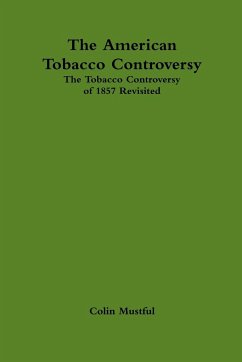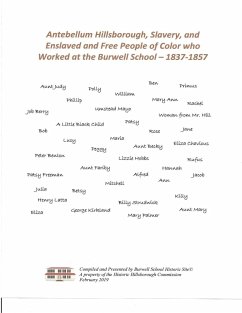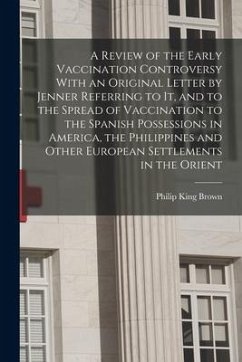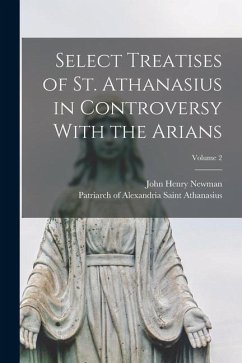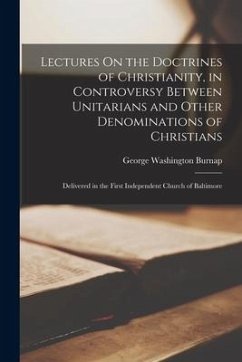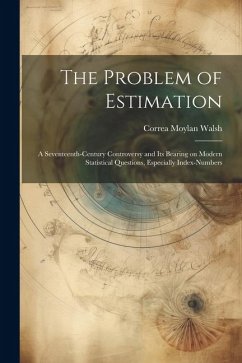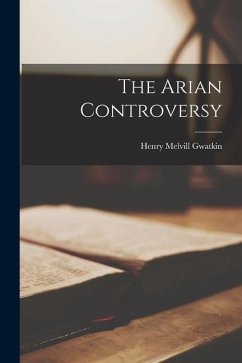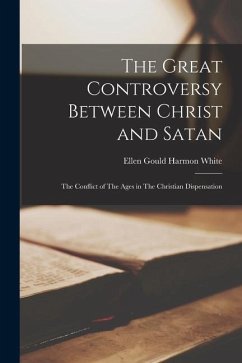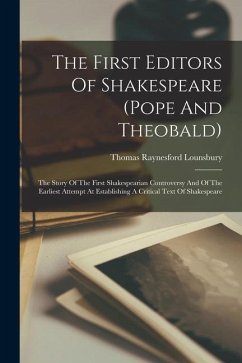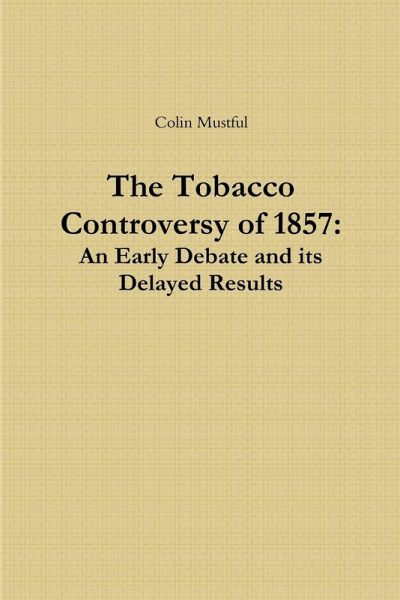
The Tobacco Controversy of 1857
An Early Debate and its Delayed Results
Versandkostenfrei!
Versandfertig in 1-2 Wochen
11,99 €
inkl. MwSt.

PAYBACK Punkte
6 °P sammeln!
During the Crimean War British soldiers developed an affinity for tobacco smoke. Upon returning to Great Britain they brought with them the habit of smoking tobacco. The proliferation of smoking sparked the first public debate about its effects. Beginning in 1857, this passionate debate of those both for and against the use of tobacco was laid out in the British Medical Journal The Lancet. Ultimately the Controversy led to no immediate results, but it acted as an introduction to the real and possible effects of tobacco smoking. And, it left a lasting impact on the tobacco question.





